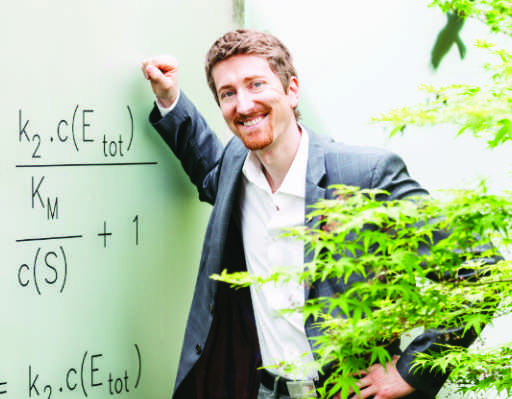acib developed a biotechnological based technology for the recycling of waste pharmaceutical blisters. Aluminium and plastic can be recovered by applying the concept of green chemistry.
Background
Around 85% of solid drugs in Europe are sold in pharmaceutical blisters (PBs). PBs are designed to protect the drugs from environmental influences such as moisture and light. On the other hand, their design, consisting of different layers of plastic (mostly PVC) and aluminium prevents an effective material recycling. Therefore, post-consumer management of PBs is becoming increasingly important. Until now, PBs have not been collected, resulting in their disposal into residual waste followed by waste incineration which means a loss of potential secondary resources such as polymers and aluminium.
Technology
acib uses extremely acid tolerant, sulfur-oxidizing bacteria to generate biogenic sulfuric acid from elemental sulphur waste in a biological and sustainable way. The biogenic acid is used to selectively dissolve aluminium from PBs under milder conditions compared to commercial sulfuric acid, leading to the separation of plastics and aluminium. Furthermore, green solvents might additionally be applied and tested in the separation. Aluminium can afterwards be recovered as aluminium hydroxide and PVC can be re-granulated and re-used. In this way, both materials can be recovered, preventing their incineration and serving as a source for secondary resources.
Project Offer
Under protection of a CDA/NDA we provide you with professional strategies for recycling of pharmaceutical waste according to your needs. IP developed in such a project would fully belong to our investor/industrial partner.
Experts:
Dr. Klemens Kremser, Dr. Georg GübitzAvailable for:
Joint Research Project, Contract Research, Horizon Europe Projects

